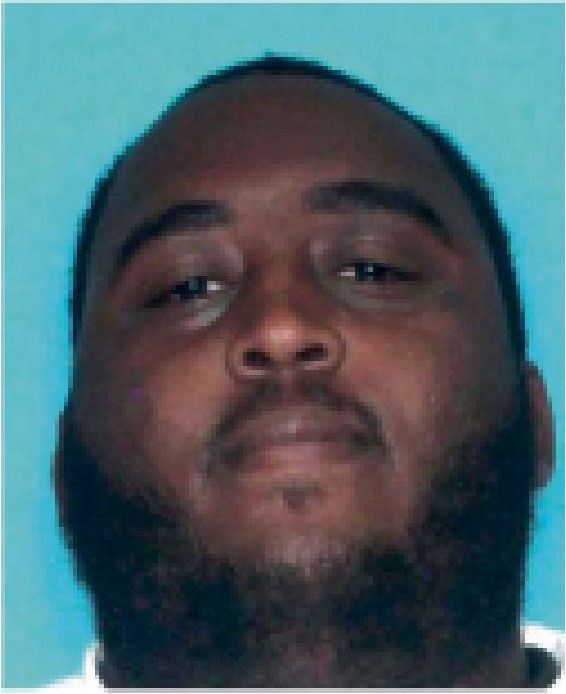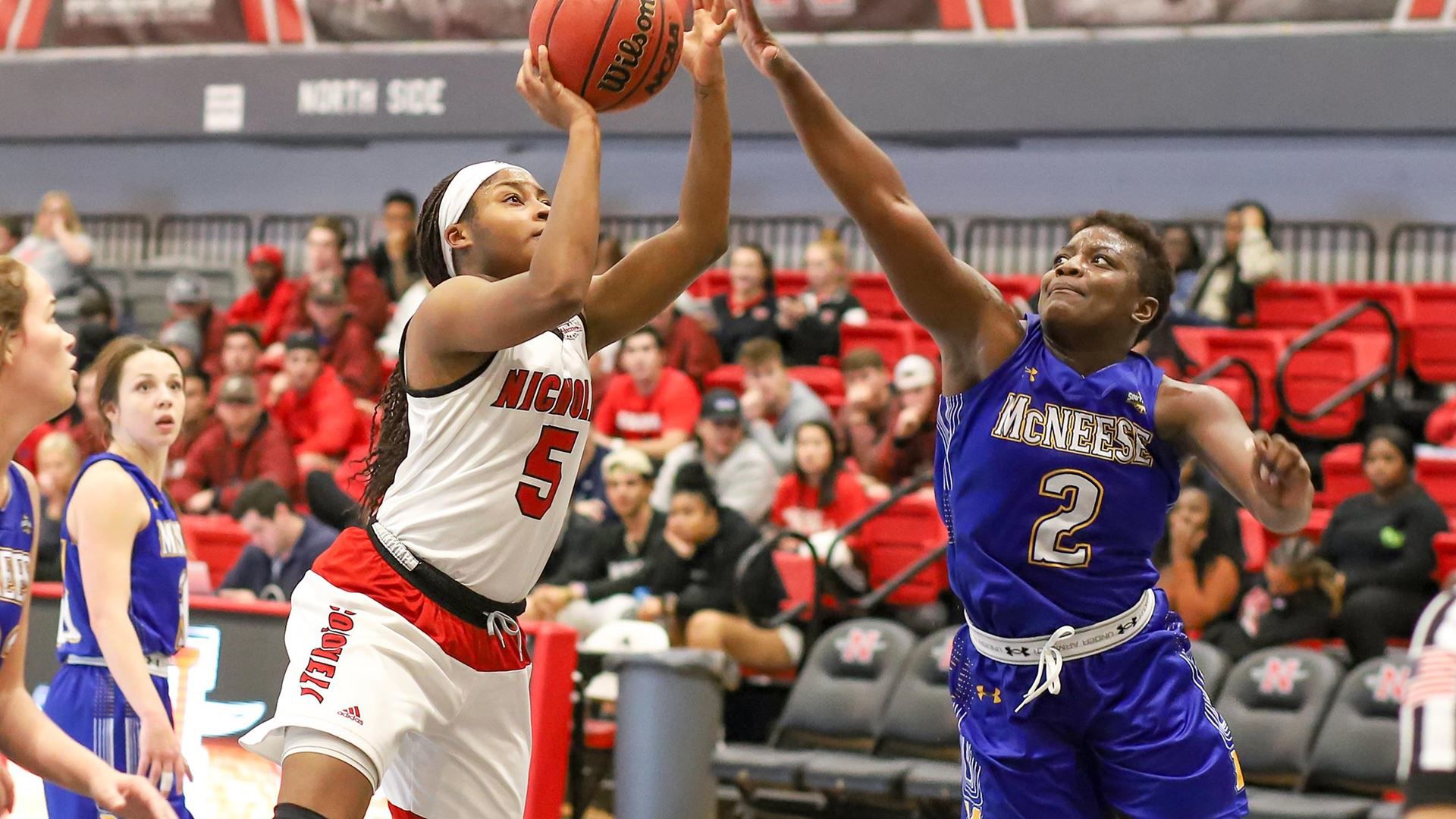
COACH PLEADS GUILTY TAKES 25 YEAR SEX TRAFFICKING SENTENCE
February 28, 2019
Colonels use free throws to score big win
March 1, 2019High school sports have grown so much in the past decade.
And I can sit here and honestly say that it’s been absolutely amazing to be a part of through this newspaper — one of the biggest sources of pride for me so far in my professional career.
Games are receiving more publicity now compared to before — some even are televised live on YouTube.
Reporters around the state are also more connected with audiences than ever before, which has created information sharing that’s benefited prep athletics.
As soon as a game goes final, someone is tweeting about it on Twitter. With those scores, websites post updated power rankings daily, which allows teams around the entire state to have a better idea of where they stand throughout the season.
Exposure is the key piece of the big picture. It helps colleges study, scout, then eventually sign more players — a longtime struggle for us in this rural community.
But for every significant progression made, there are always a couple of problems that arise through the newfound exposure.
And one of those, I’d like to address in this column today.
As high school sports have grown, so have the pressures on everyone involved.
Coaches today have to win or they’ll get fired — to heck with their long hours, small salaries and full-time teaching jobs on the side.
Players also have pressures. There are more competition for spots at the next level than ever before, which places a huge weight on the shoulders of these young men and women to perform on a consistent basis — while also dealing with the day-to-day challenges of being a teenager.
By and large, the competitors handle it with stride, class and dignity.
But sometimes, those around them don’t have that same level of poise.
By and large, parents need to chill out — like seriously chill out.
About everything — about their kids’ coach, about how their kid is being played and used. They need to chill out about it all.
When I first started this job in 2009, I’d get probably about 3-4 calls or emails per sports season from parents who wanted to gripe or vent about a coach, a school, a game — the full nine yards.
That’s understandable. Sports draw passion out of people. That’s part of why I love my job so much because unlike my colleagues who work in news, I am dealing with people who actually are excited to talk to me and give me their opinions on games or situations.
But lately, some of that passion has become a little bit off-base.
In the last few years, the chatter about coaches, officials and others in the sports community has gotten out of control.
I now take calls and complaints every week from parents, relatives and friends about coaches, assistant coaches and I want to go on record and say right now that I think 95 percent of those gripes are sour grapes.
Folks, I’ve met more than 1,000 coaches in my career.
I’ve never known one to want to lose. Those guys and gals are doing the absolute best that they can to win ballgames. They’re playing the kids they believe give the team the best opportunity to win.
Any suggestion to the contrary is usually just plain dumb.
Are mistakes made at times, sure. Coaches are human beings, too.
But most coaches do not hold intentional ill toward any player. A lot of times, a loss of playing time is earned.
Parents have to understand that they are not at practice. They don’t see what the coach sees on a day-to-day basis.
Just because little Sparky Jr. is talented, it doesn’t mean he’s giving his/her best effort in practice. If a coach can’t trust a kid to execute in practice, why would he trust the same kid to perform in a game?
It doesn’t work that way.
Parents also need to understand that sometimes external factors impact playing time decisions. Maybe little Sparky Jr. is a bad teammate. Maybe he’s been acting up in classes. Maybe he’s a potty mouth and got disciplined because of it.
Or … maybe he’s just not as good a player as his mom or dad thinks he is.
None of those things make it the coach’s fault for not playing him.
As the Managing Editor of this newspaper, I’m happy to take any call, email or social media message that I receive from anyone in our area at any time.
But when it comes to criticizing coaches, let’s please lay off a little bit.
Parents should focus more on being parents than they do on being coaches.
Do your job on that end and let the coach do his/her job at school.
With a clearer perspective, I think an eye-opening experience will be seen and the realization will be made that we have damn good coaches locally — some of the best in the state.
So if there’s a continued problem, it’s most likely a “you” problem and not a “them” problem.












